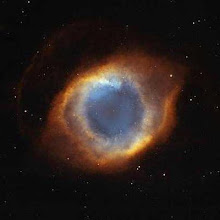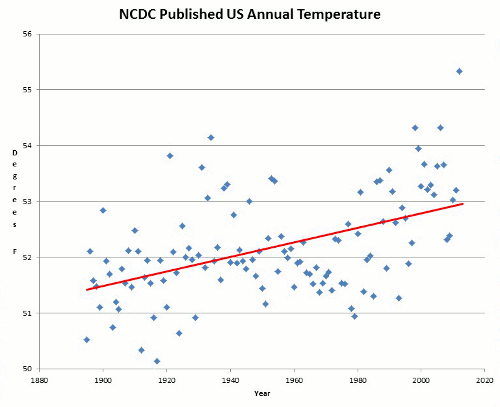Let us contrast that against this section on Nuclear from the Energy Tribune:
Although nuclear power is not typically characterized as such, it is the only alternative energy source that offers substantial expansion potential beyond its current contribution. Even though plants emit only water vapour, radioactive waste containment and releases due to accidents or terrorism are issues of public concern. Safety records at nuclear facilities have been excellent, and technology advancements are further reducing risks and potential consequences. Waste problems could be reduced by recycling spent materials using breeder reactors, but this was outlawed during the Carter Administration due to concerns about proliferation of weapons-grade fuel that might fall into enemy hands.
It is interesting to note the reaction of former Greenpeace co-founder Patrick Moore to his former organisations stand on nuclear energy with regard to Climate Change:
In the early 1970s when I helped found Greenpeace, I believed that nuclear energy was synonymous with nuclear holocaust, as did most of my compatriots. That's the conviction that inspired Greenpeace's first voyage up the spectacular rocky northwest coast to protest the testing of U.S. hydrogen bombs in Alaska's Aleutian Islands.
Thirty years on, my views have changed, and the rest of the environmental movement needs to update its views, too, because nuclear energy may just be the energy source that can save our planet from another possible disaster: catastrophic climate change.
A view supported by Professor James Lovelock (writer of the Gaia Hypothesis and climate change activist) who said:
"only nuclear power can now halt global warming".
"I have never regarded nuclear radiation or nuclear power as anything other than a normal and inevitable part of the environment. Our prokaryotic forebears evolved on a planet-sized lump of fallout from a star-sized nuclear explosion, a supernova that synthesised the elements that go to make our planet and ourselves."
"Modern nuclear power stations are useless for making bombs". This view may be based on fact that plutonium-239 from the nuclear reactor of a power plant is contaminated with a significant amount of plutonium- 240, complicating its use in nuclear weapons. It is easier to enrich uranium than to separate 240Pu from 239Pu to produce weapons-grade material, although even reactor-grade plutonium can in fact be used in weapons eg. dirty bombs.
Wednesday, September 23, 2009
Subscribe to:
Post Comments (Atom)














No comments:
Post a Comment